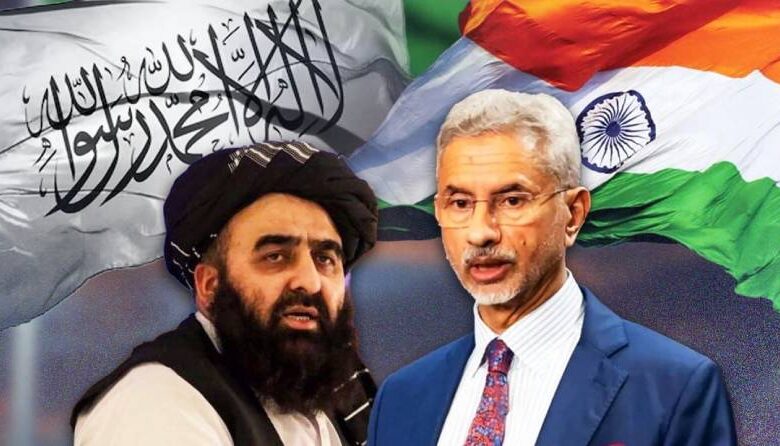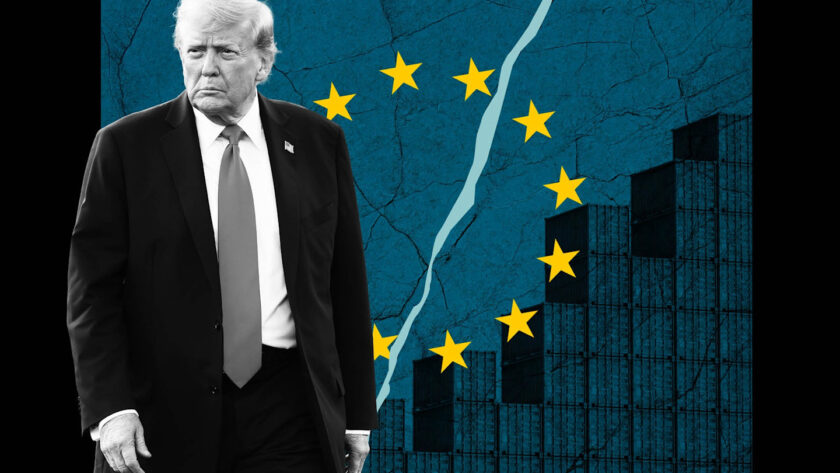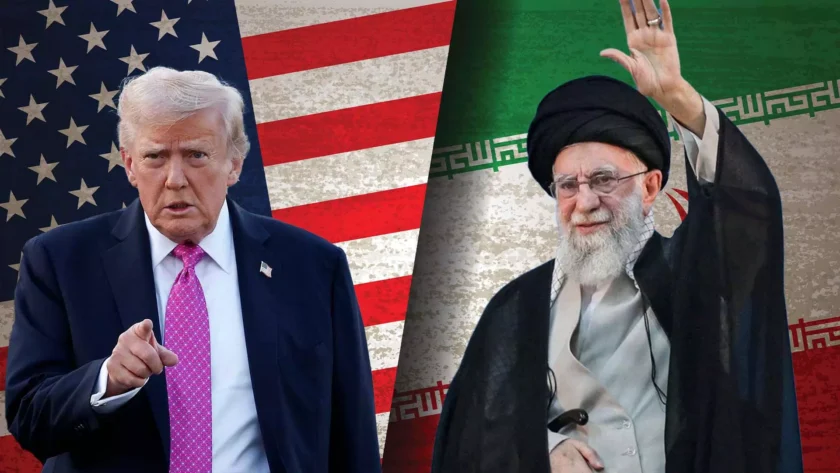Delhi: The recent visit of Afghanistan’s Taliban Foreign Minister Amir Khan Muttaqi to India has sparked debate over the implications of engaging with a regime linked to extreme extremist ideology. This week-long trip marked the first official visit by a top Taliban leader since the group forcibly took power in August 2021. Muttaqi, listed on the United Nations sanctions list, was granted a special exemption by the UN Security Council’s Taliban Sanctions Committee solely for this visit.
India had previously closed its embassy in Kabul after the Taliban takeover. However, meetings in January and May 2025 between Indian officials, including Foreign Secretary Vikram Misri and Foreign Minister S. Jaishankar, paved the way for this visit. Despite the lack of official recognition—Russia being the only nation to recognize the current Taliban regime—India engaged in talks on trade, development, security, and aid. While this aligns with the “enemy of my enemy is my friend” approach, critics argue that the Taliban’s history of atrocities makes trust or forgiveness impossible.

The Taliban’s extremist past is notorious: in February 2001, under Mullah Mohammed Omar, they destroyed Afghanistan’s ancient Buddha statues in Bamiyan, some 1,500 years old. The group has also supported terrorists responsible for the 1999 Indian Airlines Flight IC-814 hijacking, directly impacting India’s security and international diplomacy.
The Taliban’s extreme anti-women stance is widely documented. In 2012, they shot 15-year-old Malala Yousafzai for advocating girls’ education. Under Taliban rule, millions of Afghan girls are barred from secondary and higher education, women are largely excluded from employment, and female healthcare access is restricted—worsening already high maternal mortality rates. During Muttaqi’s press conference in Delhi, female journalists were initially denied entry, illustrating their continued discriminatory practices.

While the Indian government welcomed the Taliban delegation, a significant portion of public opinion remains critical. Observers argue that building relations with the Taliban effectively compromises with a deeply extremist ideology that has historically opposed humanity, education, and women’s rights.
The episode underscores the tension between diplomatic pragmatism and ethical considerations when engaging with groups that have repeatedly demonstrated extremism and human rights violations.









